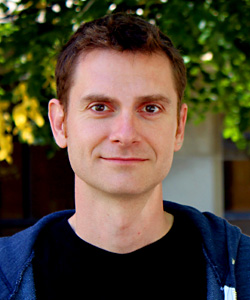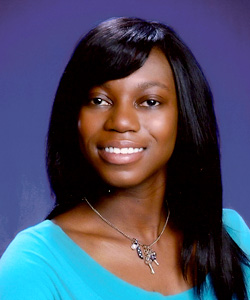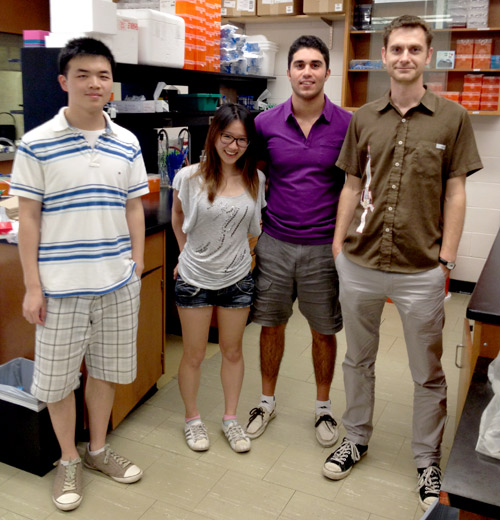People
Lab Philosophy
We foster an open, creative and collaborative environment.
Members of the lab are encouraged to discuss their projects with each other and develop ideas together. Dr Cox's mentorship style is to help foster independence. Students are encouraged to learn to organize their time and projects and set realistic experimental goals.
Electronic laboratory notebooks.
The Cox Systems Biology Lab uses electronic laboratory notebooks (ELN). This system of note keeping is essential to working with large data sets and facilitating the open and collaborative environment that the group fosters. Electronic notebooks enable capturing of writing, tables, images and other data types and sources into a relational database.
The notebook is accessed though secure web servers enabling data access using a variety of electronic devices and locations. Our group uses the eCat laboratory notebook. This software also has an integrated inventory tracking and management system. All fields are searchable, which enables the retrieval of relevant data and materials even when spread over multiple users, timelines or experiments.
Summer students welcome.
We like to have summer students work in the lab as they are our future graduate students. Summer students are also opportunities for senior graduate students and postdoctoral fellows to develop mentorship and project development skills.
Current people in the group are two masters level graduate students and a third year project student.
Brian Cox

Position
Principal Investigator
Doctorate Degree
Molecular and Medical Genetics, University of Toronto
Masters Degree
Applied Biochemistry, University of Guelph
Undergraduate Degree
Environmental Biochemistry, University of Guelph
In my research I am inspired by the consideration that though many chronic health issues may have their origin in the womb or early in development and placental dysfunctions of different etiologies affect 5-10% of all pregnancies, there are few diagnostic markers and treatment options. I founded the lab to work on this area because there are a large number of women and babies out there who need better health care and there are complexities in a disease such as preeclempsia that are unappreciated and which could benefit from new hypotheses and a different technical approach.
Ursula Nosi

Position
Graduate Student
Undergraduate Degree
Kinesiology, York University
Current project
Trophoblast stem cells
My motivation to pursue graduate school stemmed from a sense of curiosity coupled with my love for the biomedical sciences. My project involves trophoblast and embryonic cell lineage development. I will explore the mechanisms and determinants by which this cell fate decision is made during early development.
Jodie Odame

Position
Graduate Student
Undergraduate Degree
Medical Sciences, Western University
Current project
Heparin affect in preeclampsia
My strong interest in biomedical science led me to pursue a master's degree in Physiology. My research involves identifying distinct gene expression and cell signalling response in placentas caused by heparin treatment. I hope to determine those preeclampsia patients that will benefit most from heparin treatment.
Tsu (Joey) Huang
Position
Undergraduate Student
Undergraduate Study
Human biology, University of Toronto
Current project
MicroRNA regulation in trophoblast stem cells
Past Lab Members
The lab got rolling with three fun, enthusiastic and hard working summer students. I am grateful for their work in getting the lab set up and projects started.
 Cox Lab summer students 2012 - from left, David Yi Yang, Ivy LIn, and Robert Micieli, and Dr. Brian Cox.
Cox Lab summer students 2012 - from left, David Yi Yang, Ivy LIn, and Robert Micieli, and Dr. Brian Cox.
Ivy Lin
Undergraduate study
Physiology, University of Toronto
Project
Placenta development
Robert Micieli
Undergraduate study
Biomedical Sciences, York University
Project
Gene expression in trophoblast in vivo
David Yi Yang
Undergraduate study
Physiology, University of Toronto
Project
Gene expression in trophoblast stem cells